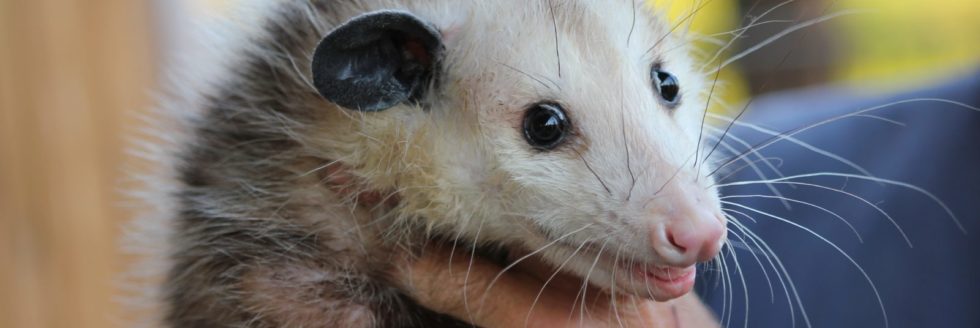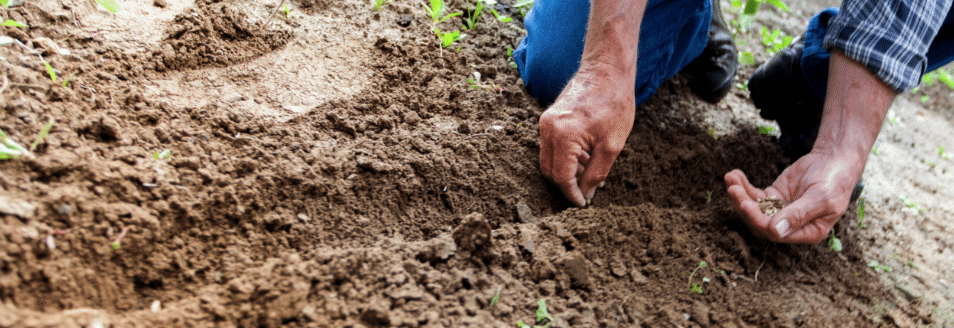Common Charlotte Garden Pests
10 Common Charlotte, NC Garden Bugs, Insects & Mites
Pull multiple reports on North Carolina garden pests, and you will get a variety of top 10 listings. The differences come due to the specific region of focus, the writer’s personal Charlotte-regional gardening experiences and the nature of precision scientific studies. Thus this list has no claim to being a list of the top ten North Carolina garden bugs, insects and mites. However, it does address ten common garden pests that cause headaches for local gardeners and landscapers.
For notes on local garden-related critter problems, check out the Carolina Pest Management pages on rodent control and wildlife control.
NC Garden Bugs, Insects & Mites Show No Garden Favoritism
This article looks at landscape pests as well as garden pests. After all, gardening is a critical component of beautiful landscaping, isn’t it? Consider the labor of caretakers at the historic Rosedale Plantation just minutes from South Charlotte, Uptown Charlotte, and University City. Think about the costs of pest control at the Daniel Stowe Botanical Garden, which encompasses 380 acres on the banks of Lake Wylie.
Throughout the Charlotte region, the caretakers of nature trails, tropical plants, flower gardens and other such maintained resources battle insects, critters and mites. And it is the same basic group of troublemakers common to your home landscaping and gardening programs. Here is one list considered near the top ten common Charlotte-regional landscaping and gardening bug, insect and mite pests:
1. Aphids
An insect known to attack woody and herbaceous ornamentals, Aphids work the tender regions of plants, sucking plant juices and typically causing distortion in the tip of the plant leaves.
2. Azalea Lace Bugs
High populations throughout NC, the sap sucking Azalea Lace bug likes the underside of plant leaves. Both adults and nymphs lead the attack. Consequences include leaves that pale in color.
3. Bagworms
Arrive in late spring but rapidly become a major problem by midsummer. Typically affect conifers in the landscape. Deal with bagworms in early season.
4. Colorado Potato Beetle
This black and yellow-striped bug is of major concern to potato farmers. Also attacks tomatoes, eggplants and peppers. Highly resistant to insecticides.
5. Boxwood Leafminers, Flies
These adult midges arrive in April, lay eggs on boxwood leaves, and bring about plant destruction when eggs hatch, larvae emerge, and their feeding on the surface of the leaves begins in earnest. For best Boxwood Leafminer pest control, stop them in April before the eggs are planted. Blisters on the underside of the leaves are evidence of larvae infestation.
6. Fall Webworm, Caterpillars
Hairy dangers to pecan, persimmon and sourwood. Typically arrive in late summer and into the fall. When possible, simply tear out the web mass.
7. Hemlock Wooly Adelgid
An introduced pest far too common in the landscapes of this nation. When left untreated, the Hemlock Wooly will kill your hemlocks. Identify by the mass of cotton-like accumulation at the base of the needles.
8. Scales, Insects
Small yet difficult to manage in spite of having soft bodies. Name “Scales” reflects a self-created hard body covering. Pest control of this insect works best in spring before the Scales complete the crawler stage.
9. Spruce Spider Mite
For best control, stop them in the cool seasons. Experts report the spruce spider mite among the most common NC landscape arthropod pests. Find it infecting arborvitae, cedar, junipers, and other popular conifers.
10. Squash Vine Borer
Primary problem for winter squash growers. Indications of infection include: a sawdust-like frass near the base of the plant, yellow brown excrement oozing out of holes in the stem, and sudden withering of the vine. Also attacks gourds and pumpkins.
Bonus: White Grubs, Beetles
Represent the immature stages of various types of beetles, including chafer and June beetles. Feed on the roots of turf grass. Identify by browning in the lawn.
Environmentally Friendly Charlotte Pest Control
No doubt, they will attack your garden and your landscaping projects. And no doubt, you will seek to eliminate the threat. But will you use safe, green and more effective pest control, or will you draw upon environment-damaging solutions? Here at Carolina Pest Management, we focus on clean solutions that incorporate natural pest control processes or a carefully adjusted level of chemical/natural pest control based on client needs. We also offer humane wildlife removal, moisture control and a host of free web-based tips in our Charlotte pest control blog to help you better manage pest problems associated with your home and garden.


